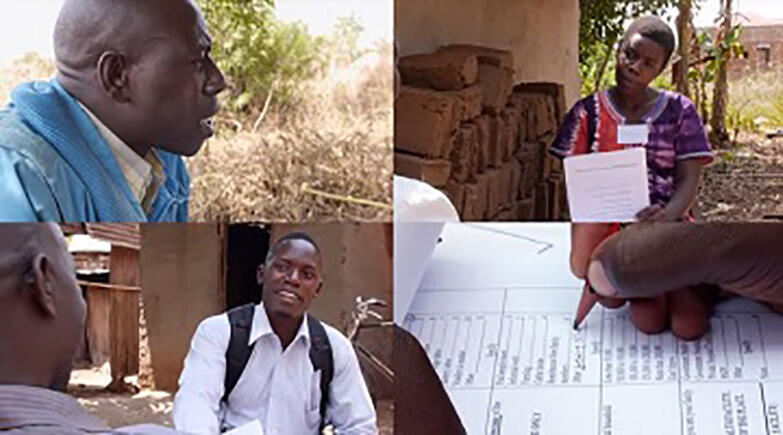
Researchers from LSTM have worked in collaboration with UNICEF to develop tools to support the planning, implementation and analysis of Lot Quality Assurance Sampling (LQAS) surveys, which focus on maternal, newborn and child health.
The tools have been made open for all to use or freely adapt and include:
- Sampling frame calculator, detailed implementation plan and budget template to help plan your survey.
- Indicator lists and seven modular generic questionnaires for assessing maternal, newborn and child health programmes and community health workers that you can adapt for your survey
- Hand tabulation sheets for each of the questionnaires and a standard reporting format to help you analyse your surveyLQAS methodology provides real-time monitoring and evaluation information to use for planning, managing and improving health programmes. It uses small sample sizes to classify health or administrative geographical areas, to inform if these areas have achieved or not a pre-determined target for a given indicator.
The toolkit has been developed by LSTM’s Monitoring and Evaluation Technical Assistance and Research (METRe) Group, a multi-disciplinary group led by Professor Joseph Valadez. The group was established in 2010 to provide technical assistance and build capacity in low resource countries, looking at how to effectively collect, analyse and use quality data to guide decision making for health programmes and policies.
The LQAS Toolkit includes: LQAS Detailed Implementation Plan Template; LQAS Budget Template; LQAS Sampling Frame Calculator (which was adapted from an original model by John Marsden and Tom Davies at Food for the Hungry); LQAS Generic Household Survey Tools; LQAS Generic Community Health Worker Survey Tools and the LQAS Report Template.
A Professor Joseph Valadez said: “The tools have been tried and tested and they can greatly assist those looking at carrying out LQAS surveys. They are available in both English and French from the LSTM website and the team would to thank all of our collaborators at UNICEF for their help in putting together the toolkit.”